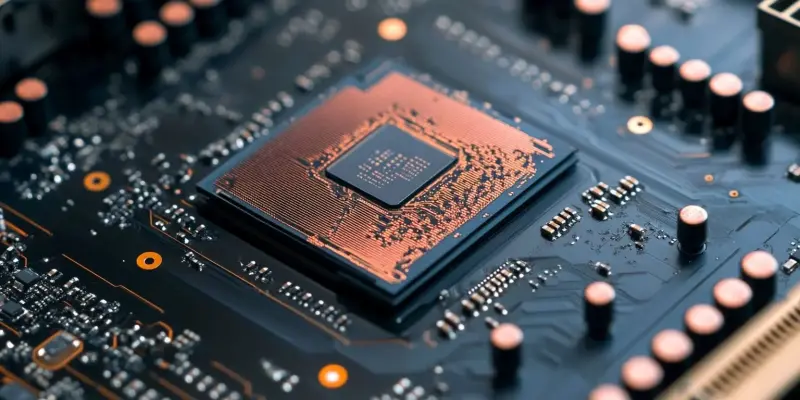In a groundbreaking development for data storage technology, Seagate has announced the production and sampling of its 36TB HAMR drives, aiming to revolutionize efficiency in data centers. These drives utilize Seagate’s advanced heat-assisted magnetic recording (HAMR) technology and were initially shipped to select customers for testing in December 2024. These latest additions to Seagate’s Exos M series exhibit an unmatched areal density, featuring a 10-platter design that achieves an impressive 3.6TB per platter. The company’s ambitious trajectory intends to boost this density even further, aspiring to reach 10TB per platter.
Enhancements in Storage Capacity
Seagate has integrated its Mozaic 3+ technology into these new drives, enabling them to provide a remarkable 300 percent increase in storage capacity while maintaining the same physical footprint as traditional drives. This technological marvel is complemented by significant economic benefits. For instance, the drives are designed to reduce the total cost of ownership, offering a 25 percent reduction in cost per terabyte and a 60 percent reduction in power consumption per terabyte. Such innovations make these drives an ideal choice for data centers, where cost efficiency and energy savings are paramount.
A significant consideration with the highest-capacity models, specifically the 32TB and 36TB versions, is their reliance on shingled magnetic recording (SMR) to attain their storage capacities. SMR operates by overlapping data tracks, which can adversely affect write operations due to the slower write speeds involved. However, the primary function of these drives in data center environments, particularly in sectors such as AI language model training, is to store vast volumes of data. These use cases mitigate the impact of the slower write speeds, emphasizing the drives’ suitability for read-intensive applications.
Continued Relevance of Hard Disk Drives
Seagate has unveiled a significant advancement in data storage technology, announcing the production and sampling of its 36TB HAMR (heat-assisted magnetic recording) drives. These drives aim to significantly enhance efficiency in data centers. Initially, in December 2024, Seagate started shipping these drives to select customers for testing. Part of the Exos M series, these new drives showcase unrivaled areal density with a 10-platter design that achieves an impressive storage capacity of 3.6TB per platter. This significant leap in technology is not just a milestone but a trajectory projection for Seagate. The company is setting its sights even higher, striving to boost this areal density to reach an astounding 10TB per platter in the future. This ambition demonstrates Seagate’s commitment to pushing the boundaries of data storage capabilities, which could potentially revolutionize the landscape of data center efficiency and capacity.

